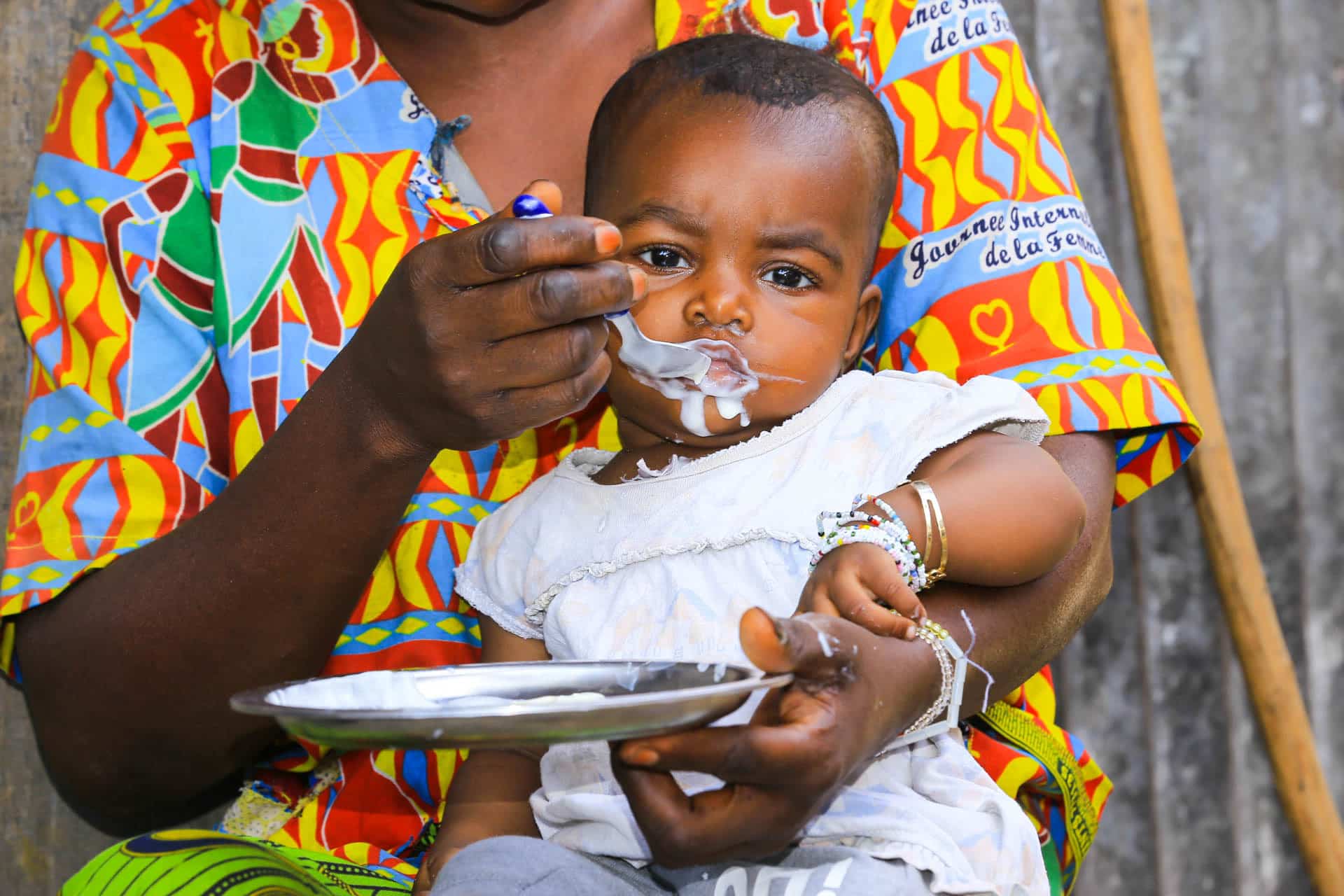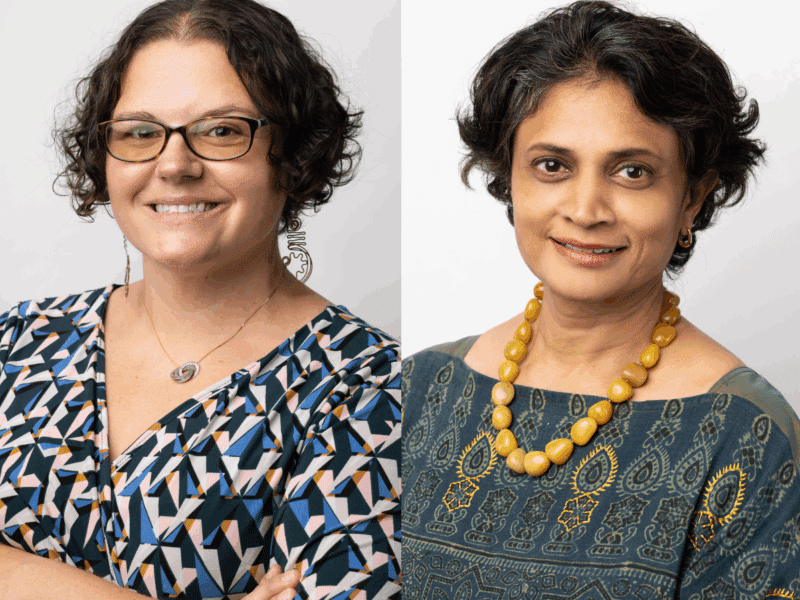The Johns Hopkins Center for Communication Programs is a partner in a new $105.7 million, five-year resilience and food security project in the Democratic Republic of Congo, designed to combat deep-rooted poverty and malnutrition in the country.
Tudienzele, which means “let’s work together for ourselves” or “let’s solve our own problems” in Tshiluba, one of DRC’s national languages, is led by the Adventist Development and Relief Agency (ADRA) and funded by USAID’s Bureau for Humanitarian Assistance. Along with CCP, the consortium leading the project includes Action Contre La Faim, Adam Smith International, and Femmes Main Dans La Main Pour Le Développement Integral.
“The consortium is made up of strong, proven, cooperative partners, each bringing a unique skill set to the team that makes Tudienzele a stand-out program in terms of value-added,” the team noted in its application to USAID. “All these factors combine for an effective and valuable force for positive change in DRC.”
CCP will lead the project’s social and behavior change activities, boosting its success by enabling healthier nutrition and water, sanitation, and hygiene (WASH) behaviors among families. The project hopes to ensure food security on a systemic basis, allowing DRC to overcome events such as drought, conflict, or weather disasters.
“Our role in this initiative is pivotal, as we focus on harnessing the power of communication to drive positive behavioral shifts within communities,” says Debora Freitas López, CCP’s executive director. “By collaborating closely with local key actors, we aim to build awareness of and promote access to quality food, improve maternal, infant, and young child nutrition behaviors, and improve WASH practices.”
Imad Madanat, ADRA vice president for programs, says her organization has supported the people of the DRC for decades, assisting women, children, families, and refugees, and looks forward to this new project.
“We are grateful to USAID’s Bureau for Humanitarian Assistance for trusting ADRA to spearhead the Tudienzele project and for the opportunity to work alongside trusted partners like CCP to combat poverty, improve livelihoods, and bring a brighter future to DRC communities,” Madanat says.
DRC is a nation rich in natural resources, but it grapples with serious challenges, ranking 179 out of 191 in the Human Development Index. The HDI, created by the United Nations, is a measure of average achievement in key dimensions of human development: Living a long and healthy life, being knowledgeable, and having a reasonable standard of living.
“Poverty and malnutrition are pressing concerns for both the government and development actors, necessitating a comprehensive and inclusive solution,” says CCP’s Shannon McAfee, who leads CCP’s work in DRC.
Tudienzele will focus on increasing family incomes and improving economic opportunities for families so that they have the resources to navigate future challenges successfully. In addition to these activities, the team will assist families in accessing, choosing, and preparing high-quality, nutritious, and affordable foods.
The project is designed to be an integrated and layered approach, ensuring interventions are targeted, sustainable, and harmonized with other activities and government plans.
There is already a significant presence of emergency actors and existing projects in the targeted areas, aiming to collaborate with organizations such as the World Food Program, and Tudienzele is meant to complement efforts for optimal impact. CCP will leverage its experience and resources from supporting nutrition and maternal, newborn, and child health as part of the USAID-supported Breakthrough ACTION project and World Bank-funded activities.
Key to the success of Tudienzele is its commitment to gender mainstreaming and inclusivity. The CCP team recognizes that decisions related to nutrition and food choices, WASH, and income and economic opportunities are inherently linked to gender roles. CCP will proactively engage women and girls, as well as marginalized groups in all facets of our work, striving to strive to remove barriers and promote equitable participation in community leadership roles.
In addition to gender, sustainability is a fundamental aspect of Tudienzele’s design. CCP will work to strengthen and build on existing community structures and systems rather than create new ones. This approach recognizes the inherent value of DRC communities and the networks that they already have. The project will also support meaningful linkages with the private sector to invest in local markets and solve local challenges.
“These efforts invest in DRC’s systems, businesses, and communities to enable lasting resilience and capacity well beyond the project lifespan,” says CCP’s Olfa Mouaddeb Alioua, a program specialist who works on DRC projects. “CCP is proud to be a part of this initiative and looks forward to the positive transformations it will bring to the region.”





